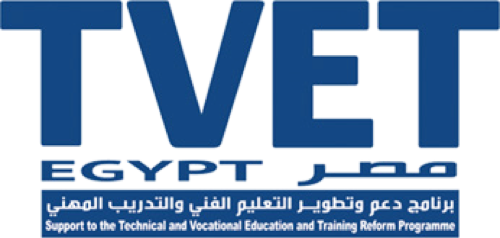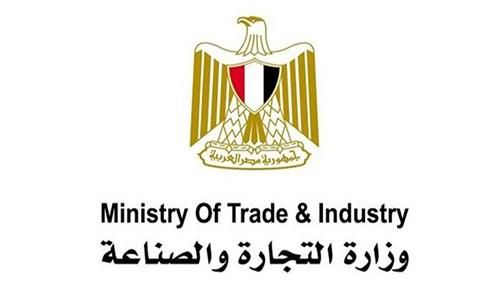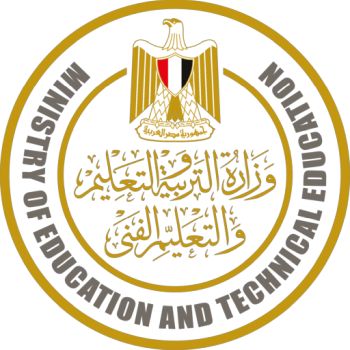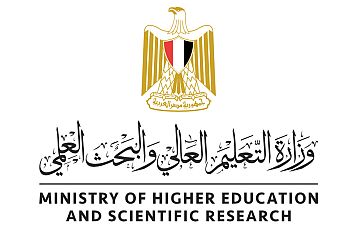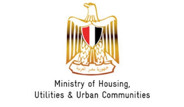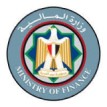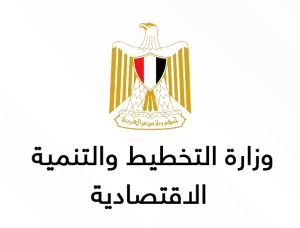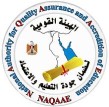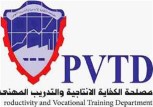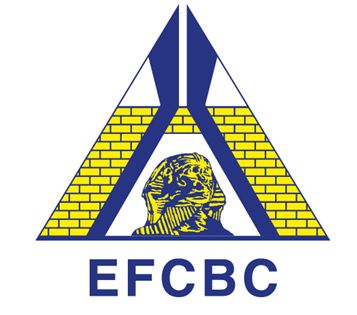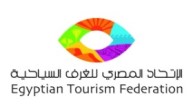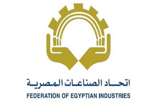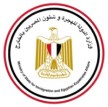TECHNICAL EDUCATION AND VOCATIONAL TRAINING
BACKGROUND
ABOUT THE SECTOR
Given the size of Egypt’s technical education and vocational training population, the sector is one of imperative strategic importance, encompassing a large segment of Egypt’s labour force.
Technical Education
As an alternative to traditional academic learning in Egypt, technical education is a substitute for the Egyptian high school degree Thanweya A’ama, where students enroll after the completion of their preparatory education and focus on occupational learning. Theme-based academies related to skilled trades, applied sciences, technologies, and other disciplines provide a practical learning experience for students, giving them the opportunity to gain career-oriented work experience.


Technical Education
As an alternative to traditional academic learning in Egypt, technical education is a substitute for the Egyptian high school degree Thanweya A’ama, where students enroll after the completion of their preparatory education and focus on occupational learning. Theme-based academies related to skilled trades, applied sciences, technologies and other disciplines provide a practical learning experience for students, giving them the opportunity to gain career-oriented work experience.

Vocational Training
Complimenting technical education, vocational training allows students and graduates to enroll in specialized courses ranging from 45 days to 6 months, to specialize in further developing their skills. Learning experiences span many different career tracks. This includes culinary arts, automotive technology, construction, plumbing, electrical contracting, agriculture, garment-making, in addition to a wide variety of specializations offered across the nation.
THE NEED FOR REFORM
Accommodating close to 2 million students and 650,000 graduates per year, the sector has been facing several challenges, especially in relation to the efficiency of the labour market. With the technical education and vocational training system unable to respond to rapidly changing market demands, many private sector organizations suffer the consequences with high turnover and reduced productivity, while the deteriorating labour market conditions disproportionally affect many of Egypt’s youth.
To position itself on a track towards competitiveness, Egypt must improve the productivity of its labour market through the development of market-driven skills and the creation of a streamlined method for communication and liaising amongst all stakeholders impacting the sector.
The EU has been strategically working with the Egyptian government since the early 90s to provide technical and financial assistance to support in upgrading the TVET system in Egypt, while the GoE is committed to continuing its efforts to advance the TVET sector, as a strategic national priority and as part of the overall educational system upgrade in Egypt, for a more prosperous future for the nation.
MARKET IMPACT
As a result, and in line with Egypt’s national Sustainable Development Strategy: Egypt Vision 2030, the EU in collaboration with the GoE launched TVET Egypt to improve the structure and performance of the TVET system and boost employability to aid in furthering Egypt’s economy.

Million
the TVET system
annually
Trainers are registered
in the TVET system

Million
the TVET system
annually
Trainers are registered
in the TVET system
the labour market
annually
the nation for the TVET system
Facilities demand
skilled labour
the labour market
annually
the nation for the TVET system
Facilities demand
skilled labour
ABOUT THE TVET
Egypt PROGRAMME
TVET Egypt is working with over 25 government entities and more than 30 partners to execute the mission of reforming technical education and vocational training in Egypt. With a clear vision for the future, TVET Egypt brings together national and international best practices from across the world to align priorities and generate tangible results. The programme aims to create a governing framework that includes all stakeholders, update curricula, enhance schools’ infrastructures, and guide students and graduates in their transition to employment.
TVET Egypt Impact
TVET About EN Tab Internal Tabs
Sectors of Focus
TVET Egypt focuses largely on labour-intensive sectors. This includes:
Tourism & Hospitality
Agriculture
Food Processing
ICT & Renewable Energy
Textiles & RMG
Building & Construction
Automotive
Commerce
Industrial Engineering
TOURISM & HOSPITALITY


With Tourism being one of Egypt’s largest and most significant sectors for driving economic growth, the programme adopts an implementation pilot approach to directly impact the sector’s workforce and labour market.
As the hospitality sector was heavily impacted by the reduction of tourist inflows over the past several years. The main aspect of TVET Egypt’s mission is to support in the provision of the skilled human capital necessary for its revival, in cooperation with various ministries, government institutions, and world-renowned hospitality brands.
Egypt’s Sustainable Development Strategy
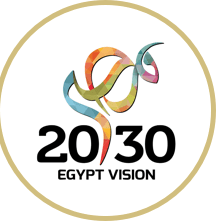
Under the leadership of H.E. President Abdel Fattah El Sisi, Egypt’s ‘Sustainable Development Strategy: Egypt Vision 2030’ will allow the new Egypt to become “a competitive, balanced and diversified economy, dependent on innovation and knowledge, based on justice, social integrity, and participation, characterized by a balanced and diversified ecological collaboration system, and investing in the ingenuity of location and people to achieve sustainable development and to improve Egyptians' life quality.”
TVET Egypt links to the SDS’s goals and objectives on various axes, uniquely positioning it as a key element of its success. On the educational axis, it is tasked with upgrading pre-university level learning as part of a wider reform plan of all types of education; establishing a national framework for vocations; and upgrading technical training. Economically, TVET Egypt attracts Egypt’s youth looking to learn a trade, contributing to achieving the SDS’s goal of decreasing unemployment by 5% and doubling production outputs across sectors.
In terms of the SDS’s creativity, knowledge and scientific research axis, raising the level of education offered to students and nurturing those who excel meets the SDS goals of raising Egypt’s creative profile; creating a culture of innovation in business and industry; and a society that values scientific progress and puts it to sustainable use.
Revitalizing the tourism sector, megaprojects, industrial complexes, utility network upgrades, and infrastructure overhaul all rest on the continued availability of a skilled, educated, trained and qualified workforce ready to take on the future.
At TVET Egypt, we are proud to be part of the Egypt 2030 Vision and are committed to working with all stakeholders in our pursuit of making this vision a reality.
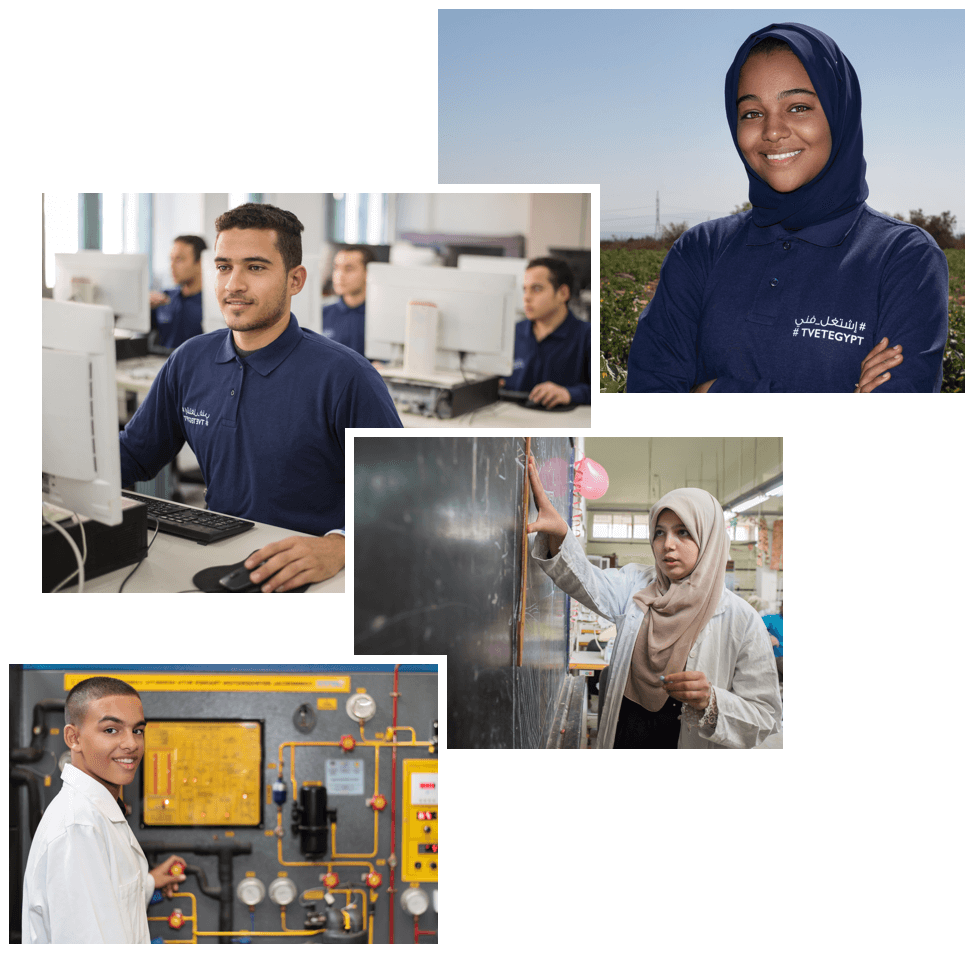
Partners & Stakeholders
TVET Egypt works directly with over 25 relevant government institutions, the private sector, international development agencies, and civil societies taking an active role in contributing to the success of TVET Egypt.
Private Sector
The private sector is a major player through its active engagement to the development of TVET Egypt, primarily through the establishment and participation in open multidirectional communication channels with the programme.
The involvement of the private sector in TVET Egypt is key, especially in relation to tourism areas of intervention. Focus areas include renovating schools, sponsoring graduates, training teachers and setting occupational skills benchmarks to further students and graduates’ studies or training.
IMPLEMENTING PARTNERS
To bring about real change to the sector, TVET Egypt works with over 10 implementing partners, across diverse disciplines related to; sustainable economic and social development, communications, public awareness, training, monitoring & evaluation, education, legal expertise, and other areas.
Grants
TVET Egypt granted a total of €6 million to 5 Non-Governmental Organizations (NGOs) to support the transition to employment of Egyptian youth and entrepreneurs to start their own small projects.
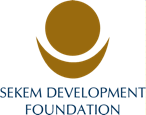
SEKEM Development Foundation
“InnoEgypt” along with 4 NGOs serve 5 main sectors; ready-made garments, food processing, ICT, construction and agribusiness. The main objective of the grant is to foster the transformation toward professional, sustainable, innovation-based economies and combat poverty/unemployment in Egypt via intensifying job creation rates and showcasing the sustainability and impact of 40 start-ups by young entrepreneurs. This is achieved through launching fierce competitions, capacity building, and boot-camping until the selection of 40 promising and innovative projects to fund and incubate for 24 months to ensure the efficient creation and sustainability of the start-ups.
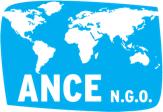
Athens Networks for Collaborating Experts
fosters employability and entrepreneurship for Egyptian youth and women in the tourism sector in cooperation with 2 other NGOs. The objective of the grant is to raise the levels of youth and women’s employability, unemployed and low-skilled workers by easing and guiding their transition to employment and encouraging job seekers to become entrepreneurs in the tourism sector.

Life Vision Foundation
was awarded a 48-month grant that serves 5 main sectors; ready-made garments, food processing, ICT, construction and agribusiness. The objective of the grant is to contribute to the creation of sustainable livelihoods for underprivileged women and youth through providing the needed technical vocational/basic life skills training to JS & EWF and to support future innovative entrepreneurs to start their own business.
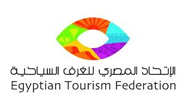
The Egyptian Tourism Federation
works with handicrafts entrepreneurs, current employees and raising job seekers skills development in the tourism sector to contribute in decreasing unemployment rates among youth and provide the tourism sector with qualified workers as per market needs. It also supports young job seekers and entrepreneurs to find suitable jobs or start their own small business in tourism handicrafts that supports the growth of the tourism industry and to support the quality of tourism field services by upgrading and improving skills of existing workforce.
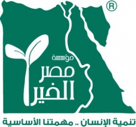
Misr El Kheir Foundation
provides technical and vocational training for the tourism sector labour market, employment, and entrepreneurial start-ups. The objective of the grant is to facilitate job placement for unemployed and less skilled workers and improve their transition to employment, support entrepreneurial start-ups, and enhance the capacities of the existing youth labour force. All of that is implemented based on the results of a needs assessment for training and employment that identifies the latest tourism labour market trends.
MESSAGE FROM THE
EXECUTIVE DIRECTOR
As we embark on a journey towards a more sustainable and prosperous future under the Sustainable Development Strategy: Egypt Vision 2030, I cannot think of anything more critical to its success than the development of sustainable human capital and a stronger labor market ready to take on the future.
Imagine the possibilities of what we can achieve by promoting and supporting real contribution where value creation is the net input of an individual regardless of their background, gender or belief.
Joining and leading TVET Egypt, I am excited to be part of this national drive towards significant reform and growth.
We break down the barriers that have limited the advancement of the technical and vocational sector; striving to employ innovative approaches to support inclusion that sets the stage for the creation of tomorrow’s leaders. This unparalleled collaboration between multiple stakeholders from across the spectrum has resulted in a platform where voices and systemic interventions are heard, tested and implemented across all levels of the system. It is an opportunity for our partners to tackle challenges and share their experiences, as we work collectively to bring about change within the sector.
TVET Egypt is an opportunity to network, guide, support, implement, learn and develop the innovative ideas generated by our beneficiaries, stakeholders and partners. This unfolding national success story attests to our ability to encourage diversity and equip Egypt’s youth with tools to become the true agents of change and build a more prosperous Egypt.

